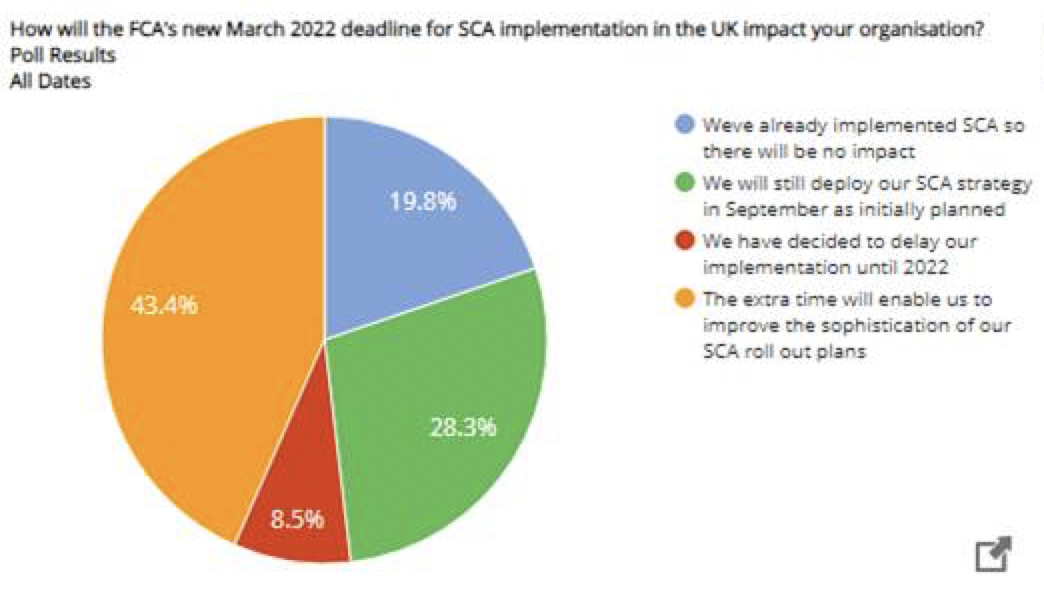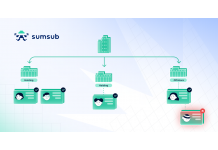OneID® Announces Partnership with Digital Signature...
- 10.01.2024 12:20 pm
Fingerprints Supports Thales’s Fourth-Generation...
- 19.12.2023 10:30 am
iDenfy Increases Security for Online Marketplace Users...
- 24.11.2023 02:15 pm
Fime Qualified to Enhance the Authentication Journey...
- 22.11.2022 01:20 pm
tru.ID Adds Sorenson Ventures to $9m Seed Round to...
- 04.04.2022 11:00 am
Beyond Identity Study Shows Password Storage...
- 24.03.2022 10:40 am
iProov Achieves eIDAS Service Module Certification to...
- 23.03.2022 04:35 pm
Sumsub Launches a Seamless KYB Solution that Makes...
- 16.03.2022 09:00 am
iProov Launches New Global Partner Program to Meet...
- 15.03.2022 11:40 am
IDnow Announces Consolidation Into a Powerful Platform...
- 10.03.2022 12:30 pm
Partnership to Introduce Interface for World’s First...
- 10.03.2022 11:45 am
Tesco Bank Partners With Onfido to Enable Secure,...
- 10.03.2022 08:00 am






















